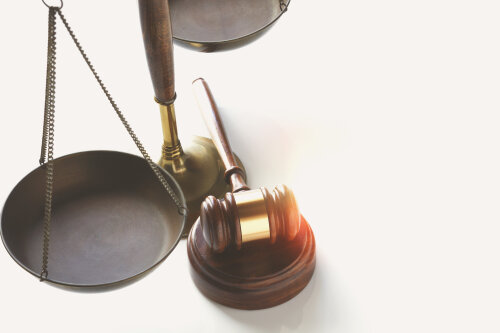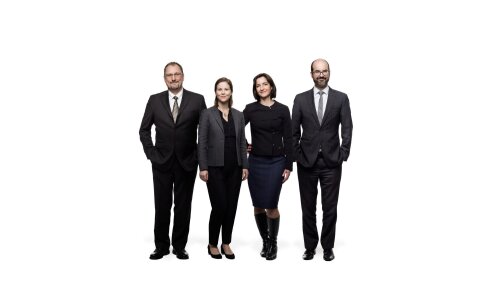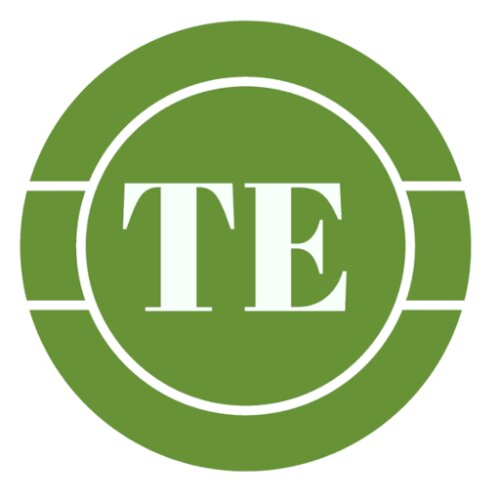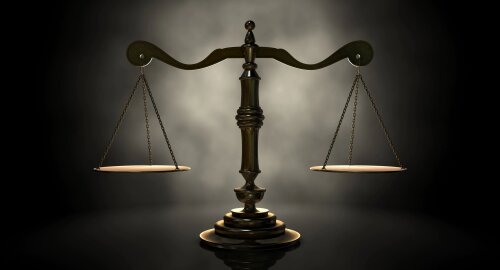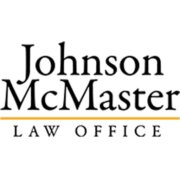Best Aviation Lawyers in Canada
Share your needs with us, get contacted by law firms.
Free. Takes 2 min.
Or refine your search by selecting a city:
List of the best lawyers in Canada
About Aviation Law in Canada
Aviation law in Canada encompasses various regulations and practices that govern the operation, safety, and management of aircraft and air travel within the country's airspace. Transport Canada is the primary governing body responsible for developing policies, regulations, and services that enhance aviation safety and security. The Canadian Aviation Regulations (CARs) establish rules related to flight operations, personnel licensing, airworthiness, and air traffic management. The Aviation Act provides the legislative framework for these regulations, ensuring that aviation activities in Canada align with international standards and best practices.
Why You May Need a Lawyer
There are several situations where individuals or businesses may require legal assistance in the field of aviation. Common scenarios include:
- Purchasing or leasing aircraft, requiring contract negotiation or dispute resolution.
- Seeking compensation for personal injury or property damage resulting from aviation accidents.
- Compliance with aviation regulations, such as licensing and certification requirements.
- Immigration issues related to employment or business in the aviation sector.
- Intellectual property concerns, including trademark or patent issues in aviation technology.
- Insurance claims and coverage disputes involving aviation insurance policies.
- Litigation involving breaches of contract or liability claims arising from aviation activities.
Local Laws Overview
Canadian aviation laws are designed to ensure safety and security across the aviation industry. Important aspects of these laws include:
- Airworthiness: CARs set standards for the design, manufacture, and maintenance of aircraft, ensuring they are safe for operation.
- Licensing: Pilots, air traffic controllers, and other aviation personnel must meet specific qualifications and obtain licenses as per CARs.
- Flight Operations: Rules governing flight operations include requirements for aircraft operations, flight crew competency, and safety management systems.
- Air Traffic Management: Coordinated efforts for controlling air traffic and managing airspace are regulated to maintain order and safety in Canadian skies.
- Environmental Regulations: Aviation activities must comply with environmental standards to minimize noise pollution and emissions.
- Consumer Rights: Regulations protect passenger rights, addressing issues like flight cancellations, delays, and refunds.
Frequently Asked Questions
What is the role of Transport Canada in aviation?
Transport Canada is responsible for enforcing and developing policies and regulations for aviation safety and security in Canada. They oversee the implementation of CARs and ensure compliance with national and international aviation standards.
Who regulates aircraft certification and maintenance in Canada?
Aircraft certification and maintenance are regulated by Transport Canada under the Canadian Aviation Regulations, which establish standards for aircraft design, manufacture, and maintenance to ensure safety.
Do I need a license to fly a drone in Canada?
Yes, most drone operators in Canada require a pilot certificate issued by Transport Canada, especially for drones weighing between 250 grams and 25 kilograms. Additional permissions may be needed for specific operations, such as flying drones in controlled airspace.
What should I do if I experience a aviation-related personal injury?
If you experience a personal injury related to aviation, it is advisable to consult an aviation lawyer who can help you navigate the legal process, including filing a claim for compensation and assessing liability.
How can I protect my intellectual property in aviation technology?
To protect your intellectual property in aviation technology, consider registering patents for inventions, trademarks for brand elements, and copyrights for creative work. Consulting an intellectual property lawyer is recommended to ensure adequate protection and compliance with relevant laws.
What rights do passengers have in the event of flight cancellations or delays?
Passengers have specific rights under the Canadian Transportation Agency's Air Passenger Protection Regulations, which entitle them to compensation, assistance, and re-accommodation during flight cancellations and delays.
What is airworthiness and why is it important?
Airworthiness refers to an aircraft's suitability for safe flight. It is crucial to ensure the safety of passengers, crew, and operations through compliance with design, manufacturing, and maintenance standards as set by the CARs.
What are the legal implications of operating an aircraft without a valid license?
Operating an aircraft without a valid license can lead to severe penalties, including fines, suspension of operations, and legal action. It is important to comply with licensing requirements as per the Canadian Aviation Regulations to avoid such repercussions.
How can I resolve disputes related to aircraft purchase or lease agreements?
Disputes related to aircraft purchase or lease agreements can often be resolved through negotiation, mediation, or arbitration. Seeking legal advice from an experienced aviation lawyer can help protect your interests and facilitate an amicable resolution.
What should an aviation industry company do to comply with environmental regulations?
Aviation companies should adhere to environmental regulations by implementing measures to reduce noise pollution, emissions, and waste. Ensuring compliance involves staying informed about current regulations, implementing sustainable practices, and conducting regular audits.
Additional Resources
For further assistance, consider exploring the following resources and organizations related to aviation in Canada:
- Transport Canada: The primary regulatory body for aviation, responsible for developing and enforcing aviation laws.
- Canadian Transportation Agency (CTA): Offers information and assistance related to passenger rights and aviation regulation enforcement.
- Air Transport Association of Canada (ATAC): Provides industry resources and advocacy for aviation businesses and professionals.
- Canadian Business Aviation Association (CBAA): Supports the interests of business aviation in Canada through advocacy and professional development.
- International Civil Aviation Organization (ICAO): A global entity that sets international aviation standards, with resources relevant to Canadian aviation law and practices.
Next Steps
If you require legal assistance in aviation, consider taking the following steps:
- Identify the specific nature of your legal issue, such as compliance, litigation, or intellectual property concerns.
- Research and select an aviation lawyer or law firm with experience relevant to your needs.
- Prepare any necessary documents, contracts, or evidence related to your case for a consultation.
- Schedule a meeting with the lawyer to discuss your case and explore legal options and strategies.
- Follow the lawyer’s advice and ensure ongoing communication to effectively navigate your legal matter.
Lawzana helps you find the best lawyers and law firms in Canada through a curated and pre-screened list of qualified legal professionals. Our platform offers rankings and detailed profiles of attorneys and law firms, allowing you to compare based on practice areas, including Aviation, experience, and client feedback.
Each profile includes a description of the firm's areas of practice, client reviews, team members and partners, year of establishment, spoken languages, office locations, contact information, social media presence, and any published articles or resources. Most firms on our platform speak English and are experienced in both local and international legal matters.
Get a quote from top-rated law firms in Canada — quickly, securely, and without unnecessary hassle.
Disclaimer:
The information provided on this page is for general informational purposes only and does not constitute legal advice. While we strive to ensure the accuracy and relevance of the content, legal information may change over time, and interpretations of the law can vary. You should always consult with a qualified legal professional for advice specific to your situation.
We disclaim all liability for actions taken or not taken based on the content of this page. If you believe any information is incorrect or outdated, please contact us, and we will review and update it where appropriate.
Browse aviation law firms by city in Canada
Refine your search by selecting a city.



